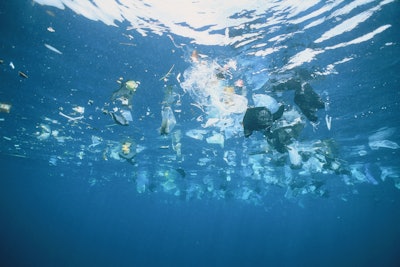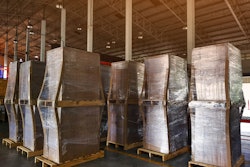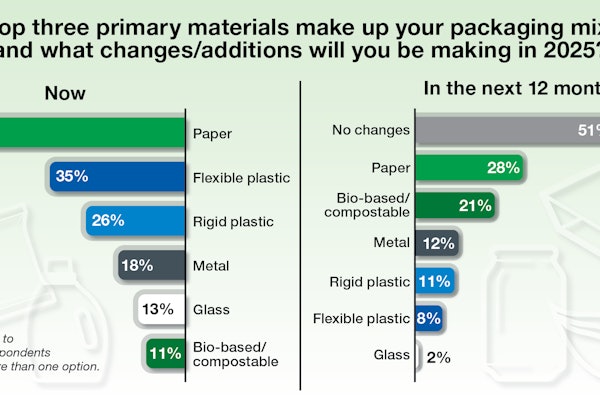University of Kentucky Martin-Gatton College of Agriculture, Food and Environment researchers may have discovered a key to unlocking plastic pollution in the world’s oceans, according to a recent piece on Phys.org.
More specifically, the school’s Department of Biosystems and Agricultural Engineering (BAE) teamed with the Department of Chemical and Materials Engineering to propose using natural deep eutectic solvents (NADES) to collect and remove microscopic plastics from water.
Czarena Crofcheck, BAE professor and study co-author, explained to Phys.org how the technology works, likening the environmentally friendly NADES to a “magnet” or “Velcro.” The molecules in NADES bond with the molecules in plastics, making it ideal for collecting tiny plastic particles. Since NADES is made from natural materials, it does not add any additional waste to the environment.
So far, the researchers have run computer simulations to test NADES effectiveness with polyethylene terephthalate (PET), polystyrene (PS), and polylactic acid (PLA). The experiments revealed that certain NADES can extract these plastics from water, providing a novel way to not only clean waters of micro- and nano-plastics but also recycle the waste.
The research is still in its developmental stages, but the UK team believes its potential applications could be a “game-changer.”


























